How Social Media Affects Mental Health
October 28, 2021
For people of all age groups, social media has become part of a daily routine. With about 72% of Americans being active users on the platforms, it’s no secret that social media heavily impacts our mental health.
Social media has been associated with mental health conditions such as depression and anxiety and can also cause low self-esteem.
Social media allows for the release of the “feel-good” chemical dopamine which is linked to activities such as social interaction, its effects can become addictive. Those with a higher amount of social media consumption are at a higher risk for developing depression and anxiety.
Fear of missing out (FOMO) plays a large role in poor mental health caused by social media platforms. Watching other people’s lives play out through a screen can create the feeling of loneliness and isolation which increases anxiety levels.
Social media’s contribution to low self-esteem is especially common among young girls. With constant exposure to unrealistic, edited photos during a crucial time in their development, they are less capable of differentiating what is real and what is not. Whether it be the way they look or how they should be “living”, social media sets unrealistic standards that they are expected to but are unable to follow.
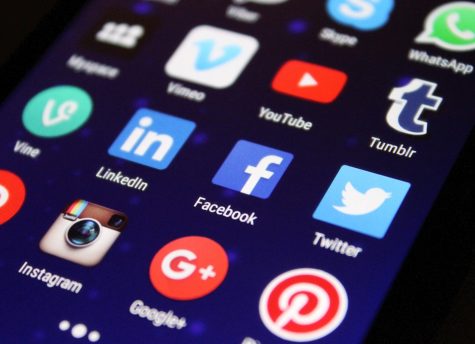
Though popularity varies, effects on self-esteem aren’t limited to one group. As social media grows in users, the number of people wanting to alter their appearance grows with it. Now more than ever plastic surgeons are receiving requests from adults wanting to obtain the look of their social media selves along with other celebrities they may look up to.
Limiting social media usage can create a great difference. Though completely quitting social media may be unrealistic due to factors such as communication; decreasing the amount of time spent on the platforms can decrease the likelihood of having poor mental health.

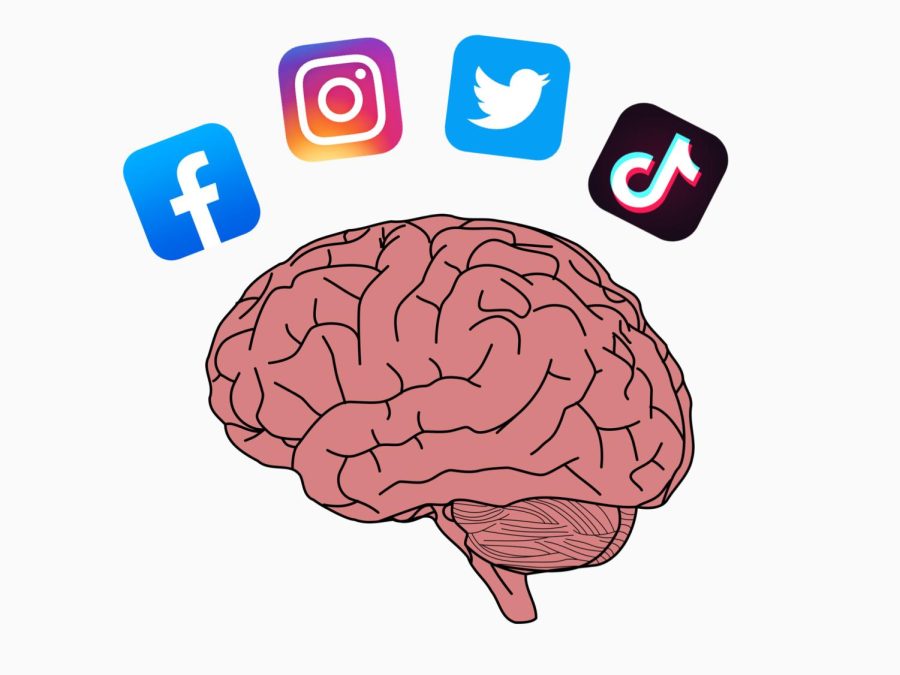



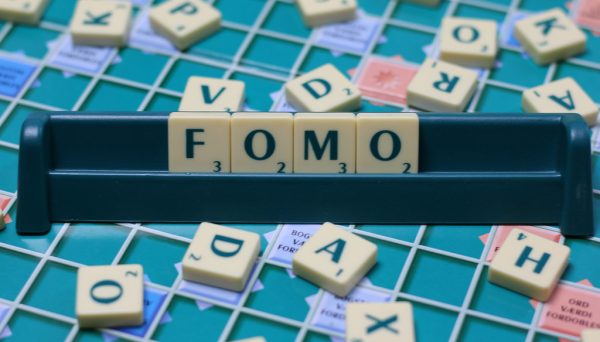


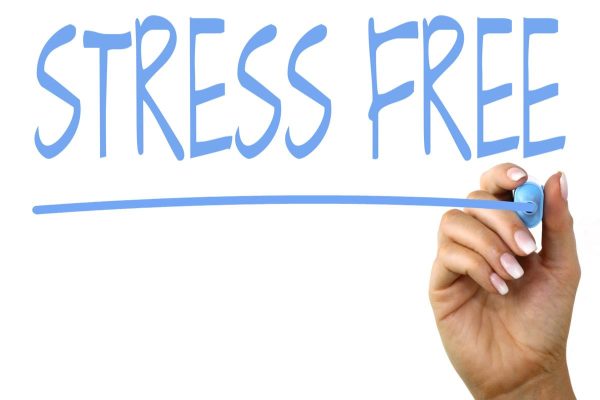


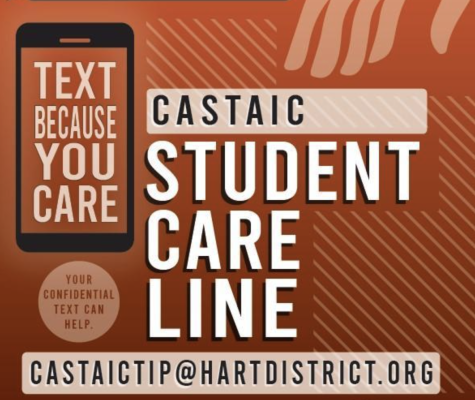


Gabby • Oct 28, 2021 at 1:51 pm
Love this
Gabby Velasquez • Oct 28, 2021 at 1:50 pm
Period laly